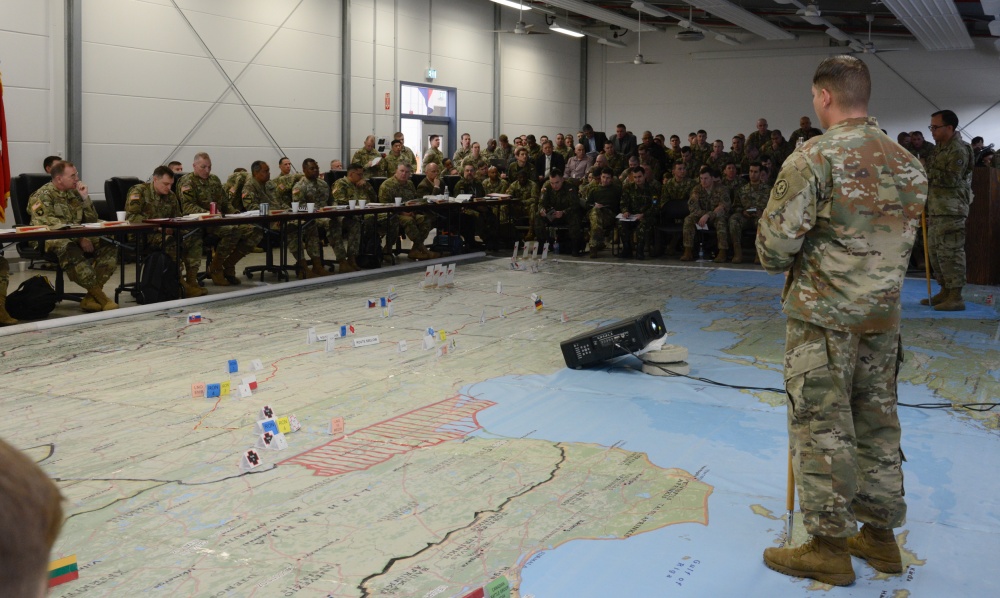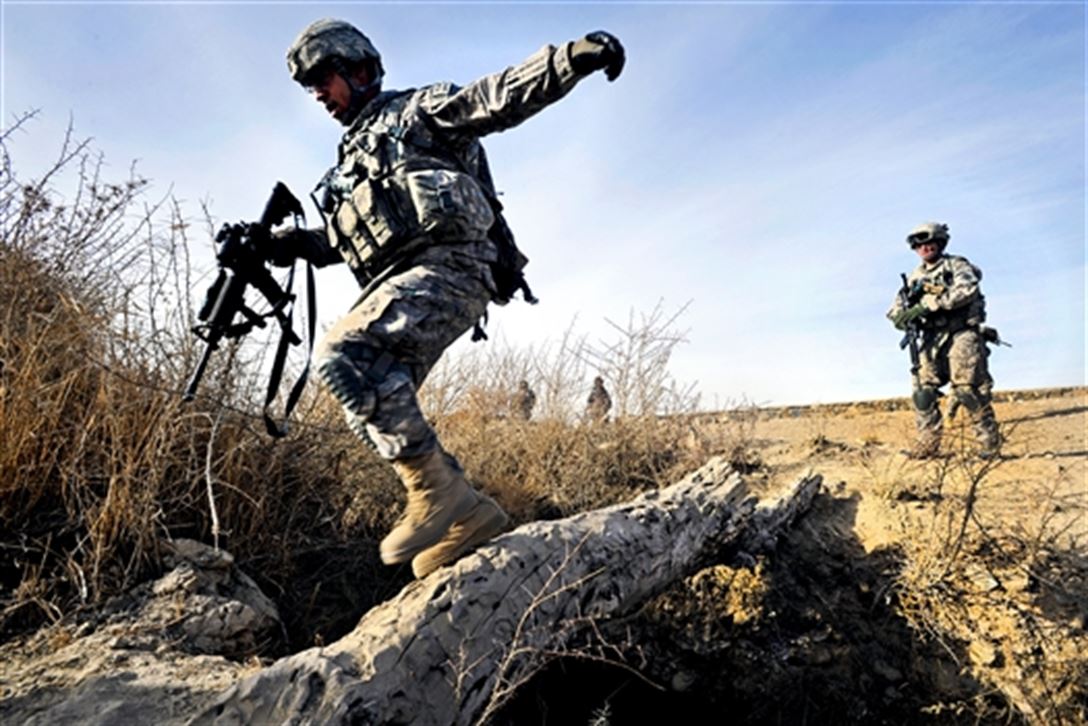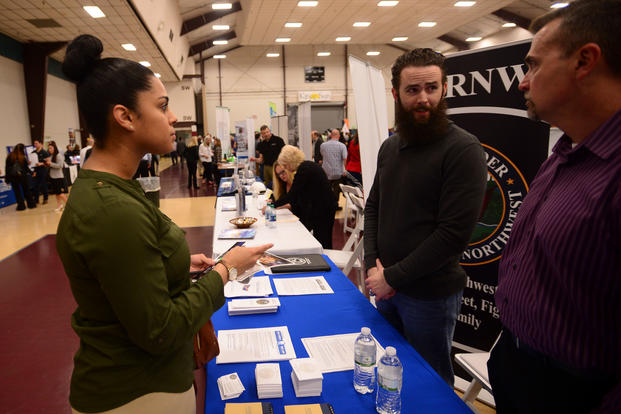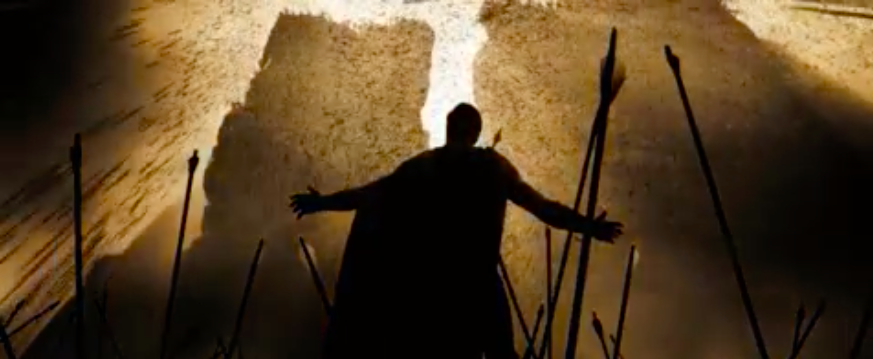
The arrows of malevolence, however barbed and well pointed, can never reach the most vulnerable part of me – George Washington
During George Washington’s second term in office, he was getting bombarded by criticism. Federalists, who wanted a strong central government, were dissatisfied with him, and ambitious Republicans, who advocated for more power to the states and the citizens, were both at his heels. (you can read more about the challenges he was having here). Having fought and won a war, liberated a nation, and helped create a government, he was quite simply tired and done with it all.
Sound familiar? If ol’ George was hit from all sides with criticism and found it hard to deal with, you know that it’s true for us today. Many of the veterans I work with struggled with toxic environments when they were in the military; I dealt with it myself. Gossip, backstabbing, leaders who use their influence for personal gain. Peers who want to advance in rank, subordinates who want to set you up and take your place. Humans can be downright nasty to each other; and that’s to people who are on the same side as us.
When a service member leave the military, if we didn’t adequately protect the most vulnerable parts of ourselves from the arrows of malevolence, then there are going to be some problems in our post-military lives. And these arrows don’t just come from others; often, we become our own worst enemy by internalizing these attacks and turning them in on ourselves. Realizing that we’re doing it, and protecting ourselves, is key to a more peaceful life.
The Arrows of Others
It’s gonna happen. The boss. The romantic partner. The random person in the store who’s having a bad day. Someone is going to struggle with something and take it out on you, just like you’re going to take it out on others. It’s not okay, of course, but it happens. It might be displaced aggression. They’re really angry at someone or something else and taking it out on you. Or they might be doing or saying something deliberately to hurt you. The key point to remember when dealing with the arrows of malevolence that come from others is that it’s not about you.
It may be hard to realize that, when you’re getting snide remarks from your coworkers or passive aggressive comments from the people that work for you. It sure feels personal. Any attack is personal…but it’s not always personally about you. A colleague of mine often says, “half of the people in the world don’t care that you have a problem, and the other half are glad you have one.” Maybe they’re not glad that you’re suffering, but it may be that your suffering may mean that they’re not. Dealing with these sharp elbows isn’t always easy, but life’s going to throw them at us.
The Arrows from Ourselves
The more painful and dangerous arrows of malevolence often come from ourselves. In a recent conversation with Dr. Jannell MacAulay, she talked about how she was encouraged by her father from a young age. She was told that she would grow up to be a fighter pilot or a submarine commander…neither career fields which were open to women at the time. Her father spoke words of encouragement into her, and she internalized them (and became the pilot, by the way). If the words that were spoken into her at a young age were not encouraging, however, but malevolent…they would have been internalized in the same way.
If a service member’s experience in the military was one that they were repeatedly told that they were worthless, or lazy, or stupid, then they will start to believe that themselves. They will use the same words to describe themselves, and the arrows of malevolence are no longer attacking from outside the walls, but inside. “You can’t” becomes “I can’t” and “you’re a waste” becomes “I’m a waste.”
Often, we don’t even have to be told these things, but interpret them. Leaving the military can be hard, but it’s even harder when it’s unexpected. I’ve had veterans who were medically discharged say that they felt like they were thrown away like trash. They interpret that to mean that they’re worthless and rejects, and beat themselves up accordingly.
Protecting our Core Self
The key to protecting ourselves from both of these sets of arrows is to develop a core sense of self that is not vulnerable to attack. Use whatever metaphor you’d like; a shield to block the arrows, or steel walls to stop the bullets. Psychologically, building or reinforcing a core set of beliefs about yourself that are healthy and protective. Realize that, when you’re experiencing the malevolent arrows of others, it’s not about you; it’s about them. Their problem does not need to become your problem. Also be aware that first, you’re beating yourself up, and second, that you don’t have to.
The damage that we do to ourselves is sometimes greater than the damage that others do to us. When we build a cage of our own construction with the words can’t, or shouldn’t, or stupid, or worthless, then we’re not doing ourselves any good. We have to assert, like President Washington did, that these arrows of malevolence can never reach the most vulnerable parts of ourselves.
Do you want to help offset some of the costs of the Head Space and Timing Blog and Podcast? Want to show your appreciation and support? You can put some paper in the tip jar by going hereor clicking the button below
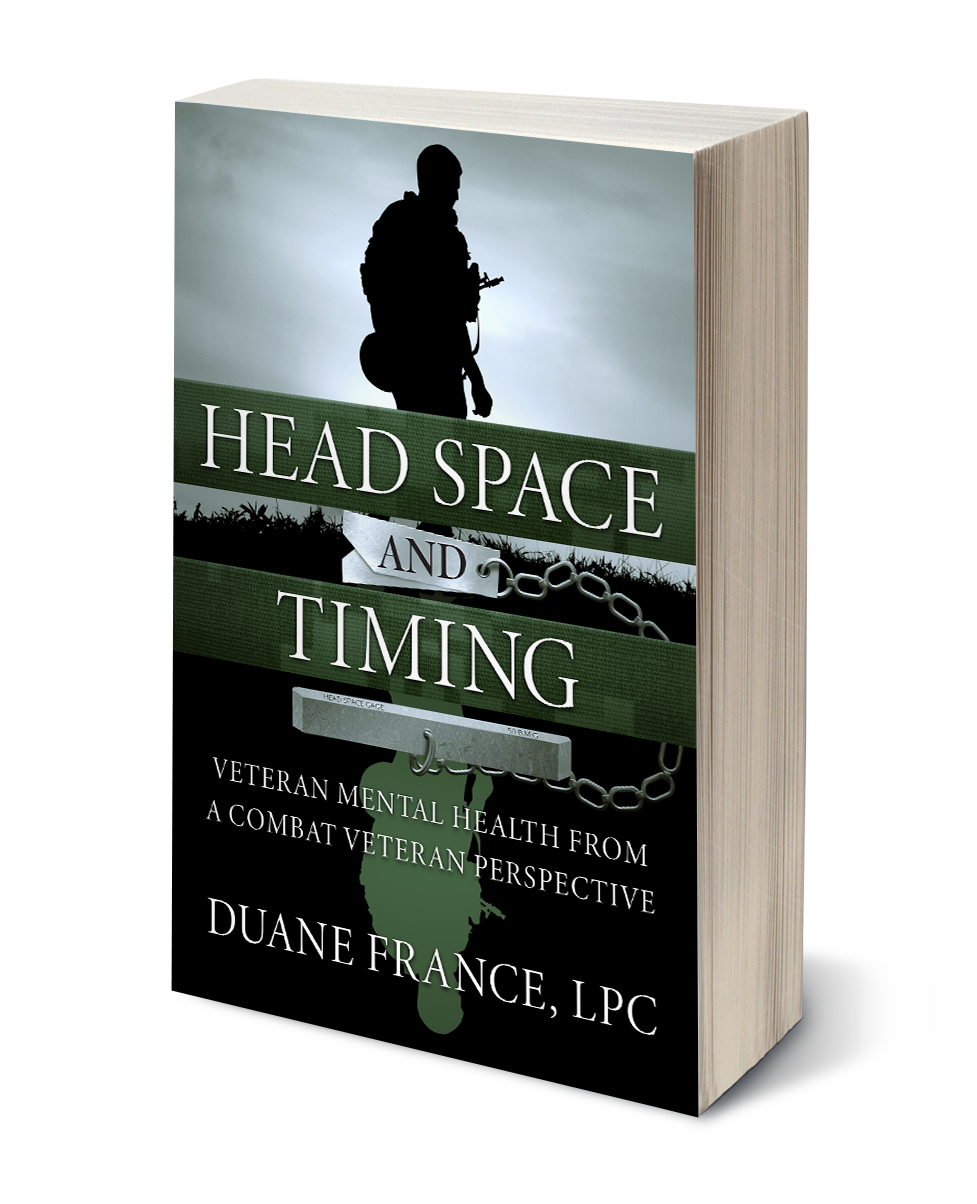 Want to learn more about veteran mental health? The first HS&T Book has recently been released in paperback. Click on the image to the left or this link to purchase the book. See what people are saying about it:
Want to learn more about veteran mental health? The first HS&T Book has recently been released in paperback. Click on the image to the left or this link to purchase the book. See what people are saying about it:
This compilation of Duane’s work is key and essential to anyone working with Soldiers and Veterans. Duane provides a senior NCO’s perspective with unmeasurable experience and knowledge on top of his natural gift for seeing numerous levels of humanality and the challenges faced by those who have served our country. I highly recommend it! – A.C.
